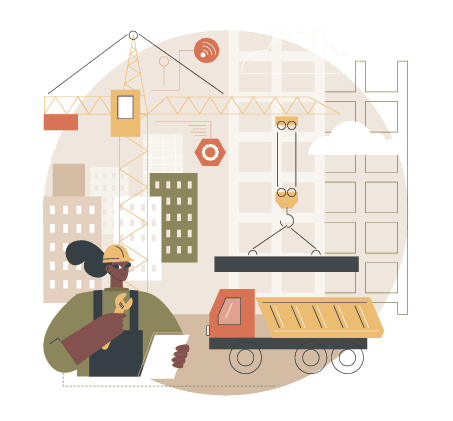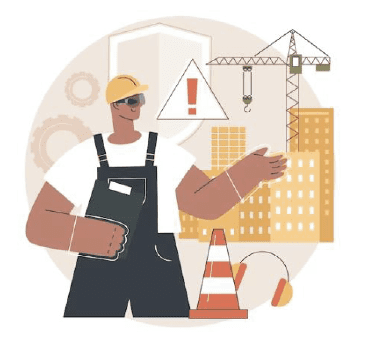

Streamlined Communication: Effective communication is crucial for efficient project management. Virtual assistants provide a centralised platform for real-time communication among team members, stakeholders, and contractors. They enable instant messaging, video conferencing, and document sharing, reducing communication delays and ensuring that the right information reaches the right people at the right time. This streamlined communication enhances collaboration and eliminates bottlenecks that can hinder project progress.



Proactive Issue Identification and Risk Management: Virtual assistants analyse project data and patterns, helping identify potential issues and risks before they escalate. By leveraging AI algorithms, these assistants can detect patterns that humans may overlook, enabling early intervention and risk mitigation. They can provide real-time alerts, suggest mitigation strategies, and facilitate risk analysis, allowing project managers to proactively address challenges and minimise disruptions.

Accurate Data Analysis and Reporting: Virtual assistants have the ability to analyse project data and generate reports quickly and accurately. They can consolidate information from various sources, providing real-time insights into project progress, budget performance, and resource utilisation. Virtual assistants enable data-driven decision-making, allowing project managers to identify areas for improvement, optimise resource allocation, and make informed decisions to enhance overall project efficiency and productivity.


By leveraging virtual assistant technology, construction companies can boost efficiency and productivity throughout their projects. These AI-powered assistants streamline communication, automate tasks, improve documentation and data management, enhance project planning and scheduling, proactively identify issues and manage risks, enable accurate data analysis and reporting, and continuously learn and improve. As the technology evolves, virtual assistants will continue to play a vital role in optimising project management practices, empowering construction companies to achieve greater efficiency and productivity in their operations.

